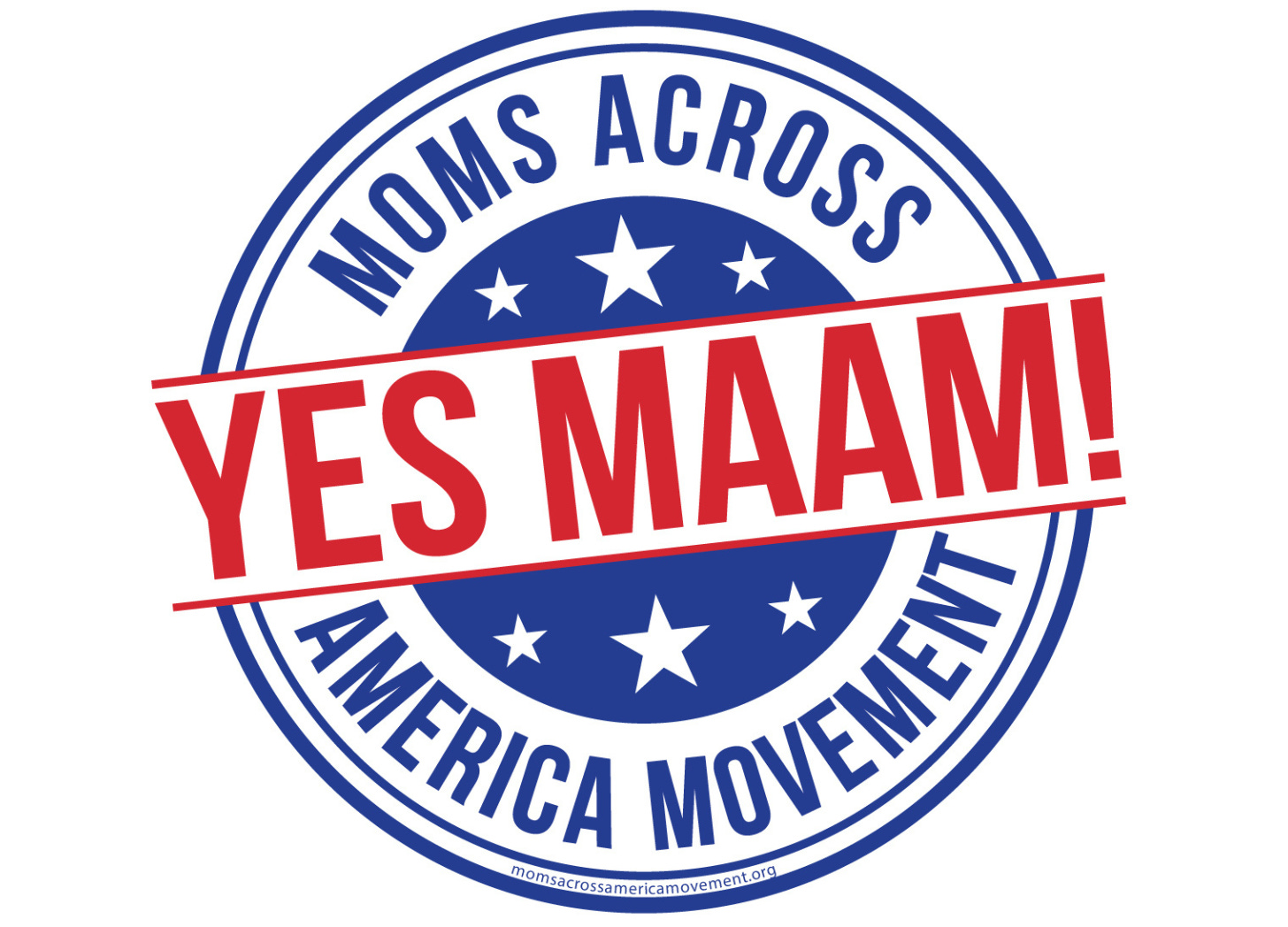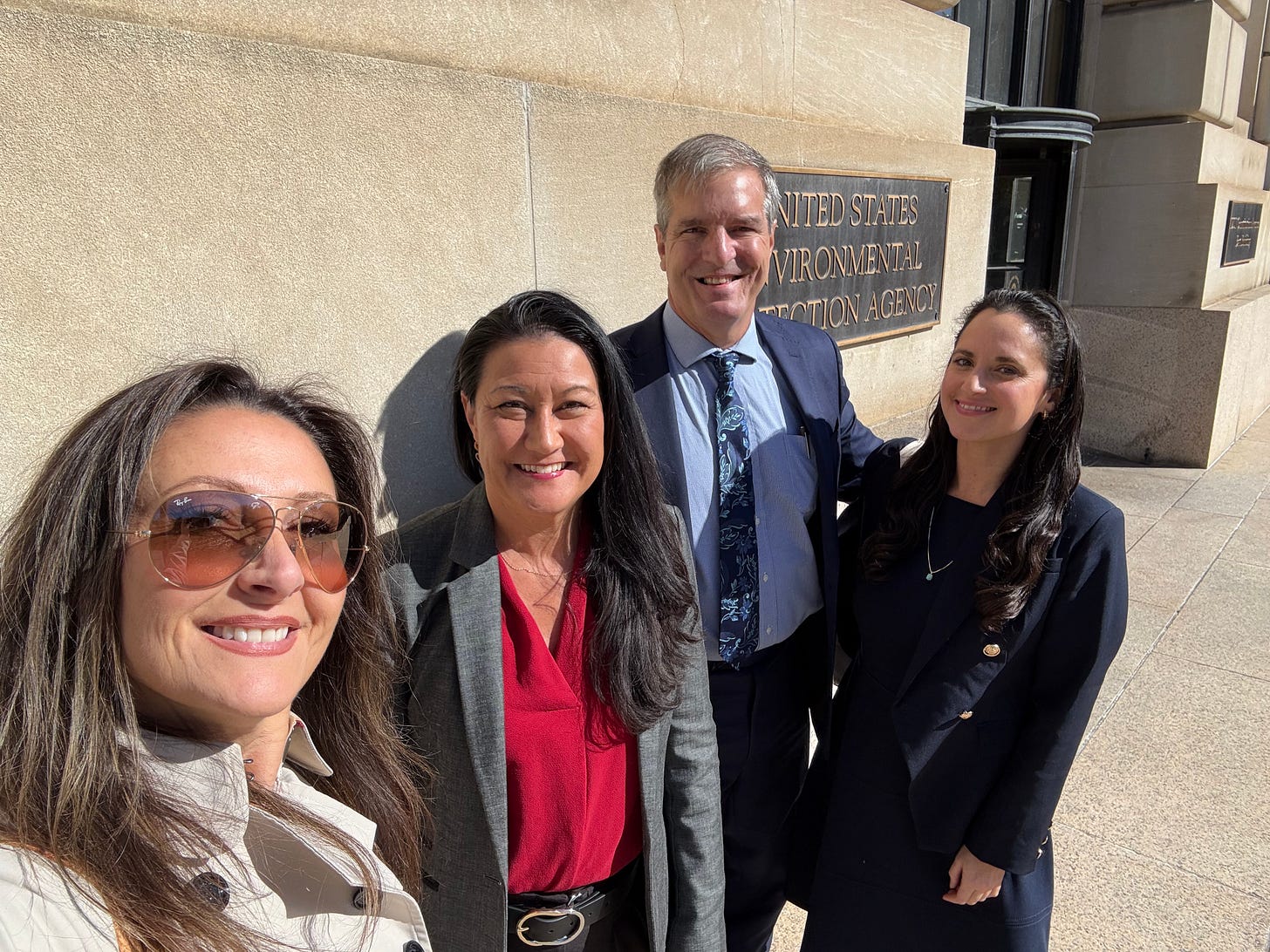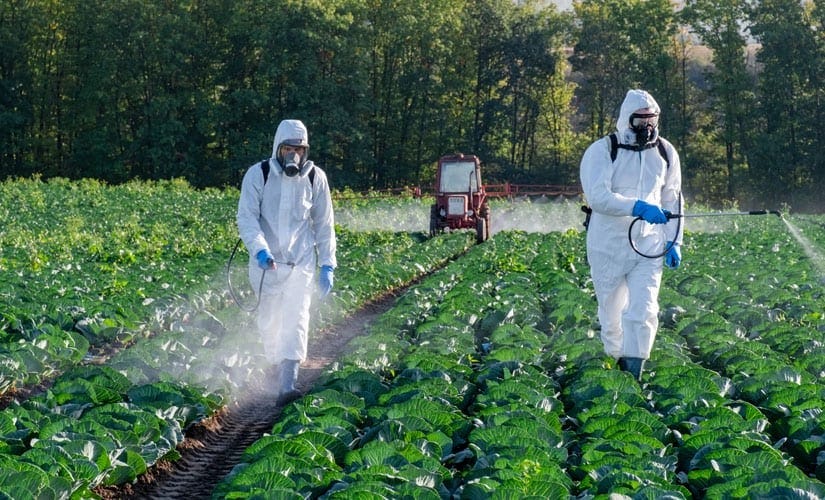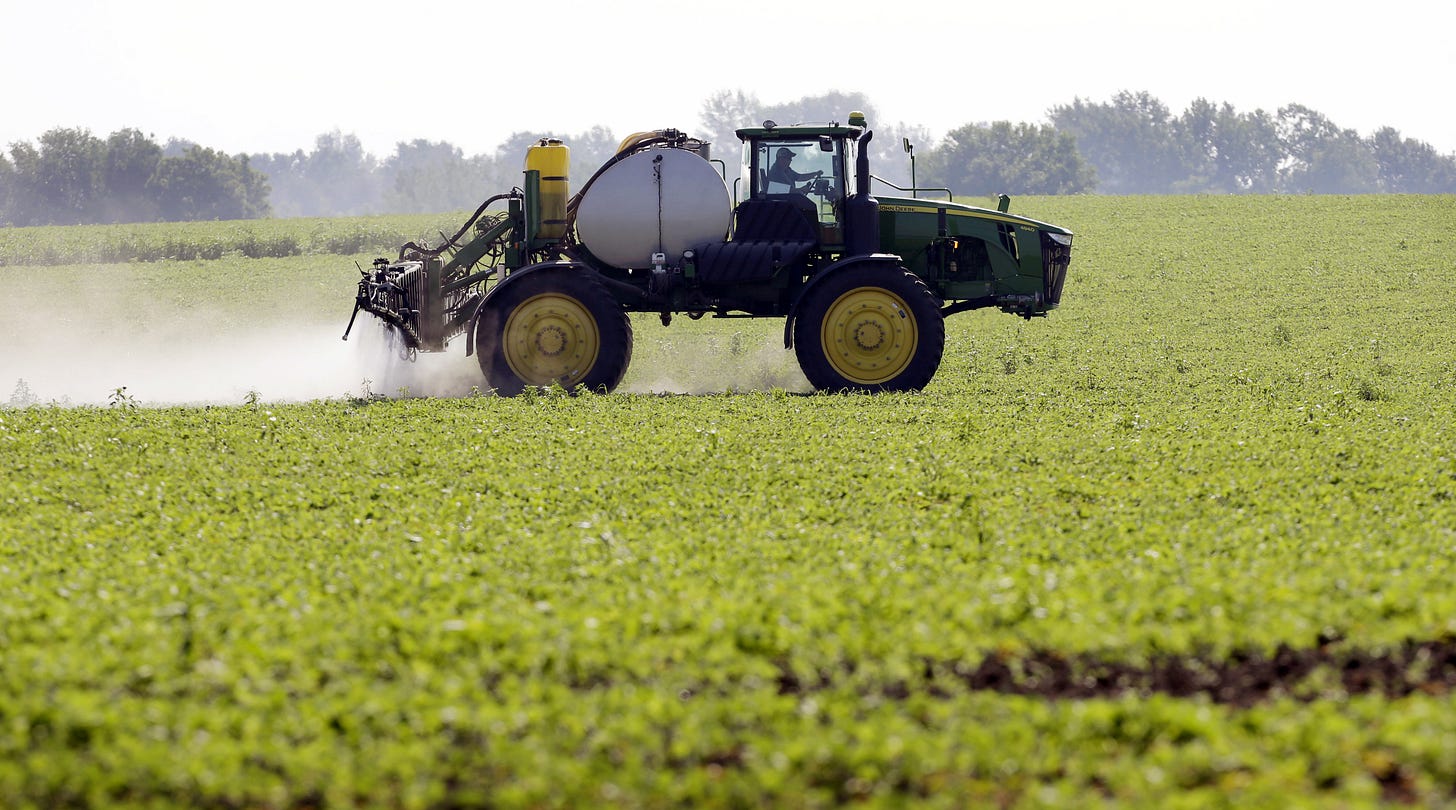When Will the EPA Start Listening to MAHA and Moms Across America?
By John Klar, Contributor, The MAHA Report
Last week, on October 20, the activist group, Moms Across America Movement (MAAM), joined forces with representatives from the MAHA movement for a high-stakes meeting in Washington with officials from the Environmental Protection Agency (EPA). Their mission: to express deep concern about pesticides and other agricultural pollutants that Americans, for years, have been consuming in drinking water and food.
Polls show most Americans, from both political parties, care about food toxins – but that doesn’t mean the EPA will take action.
During the visit, EPA officials listened respectfully, but declined to offer assurances that the agency charged with protecting the environment would lift a finger. Nonetheless, members of MAAM and MAHA were determined to present the facts we had learned.
The in-person team included Moms Across America Founder and Executive Director, Zen Honeycut; MAAM leader Kendall Macintosh; independent toxicologist Dr. Alexandra Munoz; and me – farmer/attorney John Klar from MAHA Action.
John Fagan, CEO of Health Research Institute, Mike McNeil of Ag Advisory, and Carla Heiser of Triadaworld supported the groups’ mission remotely.
Together, the MAA crew represented a diverse set of disciplines, all focused on chemicals sickening Americans and the laws designed to stop them.
The trip to Washington, D.C. was an appeal to the EPA to do its part in making America healthy again.
Attending the meeting on behalf of the EPA were Nancy Beck, Principal EPA Deputy Assistant Administrator; Kyle Kunkler, Deputy Assistant Administrator, Office of Chemical Safety and Pollution Prevention; Doug Troutman, Assistant EPA Administrator for Toxic Substances; Edward Messina, Director, Office of Pesticide Programs; Elissa Reaves, Director of the Office of Pollution Prevention and Toxics; Thomas Corlett, Senior Advisor to the Administrator; and Grace Robiou, Director, Office of Children’s Health Protection
Our team presented the EPA with detailed evidence that pesticides cause serious environmental and human harm – including from heavy metals contamination of soil and from toxic sewage sludge. We told EPA executives that there are numerous toxins within the U.S. food production system, but our presentation focused on the following:
– determining how chlormequat, a toxic pesticide banned in the U.S., was found in 11 out of 14 cereals tested by Moms Across America.
– opposing ongoing efforts to grant legal immunity to chemical manufacturers whose products adhere to EPA labeling requirements, even when they are aware of undisclosed additional ingredients that create health hazards. This immunity would extend to all chemicals, including household cleaners and other products.
– opposing the suspension of EPA regulation of sewage sludge, which EPA studies demonstrate often contain high levels of polyfluoroalkyl substances (PFAS), forever chemicals that accumulate in eggs, milk, and meat products.
– the rollback of required testing and remediation of PFAS in U.S. drinking water.
– the risks of glyphosate, particularly when used not as a springtime weed killer but as a desiccant applied to dry plants just a few days before harvest – planned changes to the Toxic Substances Control Act (TSCA) that will reduce the scope of required research on potential human health impacts of new chemicals.
– the need to ban paraquat and diquat. Paraquat has been linked to Parkinson’s Disease, resulting in more than 7,000 lawsuits thus far. EPA’s website claims there is no clear evidence that the pesticide causes human illness. Paraquat is banned in many countries, including China (where it is manufactured and then sold for use in the United States).
– the need to restrict atrazine, a known endocrine disruptor notorious for leaching into drinking water. We also asked the EPA to thoroughly test atrazine and other chemicals for their endocrine-disrupting effects.
Michael McNeil, of AgAdvisory, spoke on our behalf about the impacts of glyphosate, including how it increases the presence of mycotoxins (15X higher), reduces nutrient levels (80-90% reduction), and increases pest populations, among other harms. He stated that a farmer he spoke to this week said he can’t believe what’s happened; he transitioned to organic farming and is seeing unbelievable yield and quality improvements. He said it happened very quickly, within 1-2 years.
Regarding the push to approve new pesticides, John Fagan called the system “diabolical,” adding “PFAS pesticides destroy the soil and stay in the soil for 50 years. The farmers who use these pesticides won’t have the ability to hand their farmlands down to their children.”
Honeycutt reminded the EPA staffers, many former long-time employees of pesticide companies, “to have the courage to choose health and safety for the future of this country.”
Although the various EPA administrators listened courteously to our concerns, they refused to offer any assurances that they would implement any of our requested actions.
However, Nancy Beck, the Principal Deputy Assistant Administrator at EPA, informed us that the agency has decided not to extend the public comment period on proposed changes to TSCA rules.
Following our visit with the EPA, Honeycutt issued a public statement expressing her disappointment:
“While we were grateful to meet with [EPA personnel], we were dismayed to learn that they were not prepared to make any statements on MAHA initiatives…. At a time when our children and American loved ones are exposed to tens of thousands of chemical exposures a day, and are therefore in the midst of a health crisis. We need to increase our scrutiny of chemical harm, not decrease scientific integrity.”
The MAHA movement and MAAM are committed to addressing the ubiquitous use of chemicals in agriculture and across food production, processing, and packaging. The question remains: when will the EPA and other federal agencies come on board — for the health and future of the American people?
Key Takeaways:
– Moms Across America Movement visited EPA offices to express concerns about paraquat, chlormequat, atrazine, glyphosate, heavy metals, and PFAS chemicals used in agriculture and contaminating Americans’ food and water supplies.
– The response was less than impressive. The Trump administration must deliver on promises to better regulate these toxins and protect America’s children.








The Industries are injuring and killing people across America with our government's failure to provide strict safety standards, before permitting products to be marketed.. The EPA is failing Americans, perhaps it is time to get people iin there who will protect us or shut it down. Taxpayers are supporting it...and demand accountability!
And what about the toxic chemicals in scented products. Plug-in air fresheners are the worst. Scented laundry Products are toxic. Everything is scented these days. Scented kitty litter is very toxic for cats. Chemical industry is just as powerful as big Pharma. People are desensitized from all the fragrances. They don't realize how toxic they are.
Dish soap is scented. Personal care products are scented.
Can't go anywhere without encountering, an air freshener, including a doctor's office, dentist, office, hospital, gym, uber. It's poisonous.